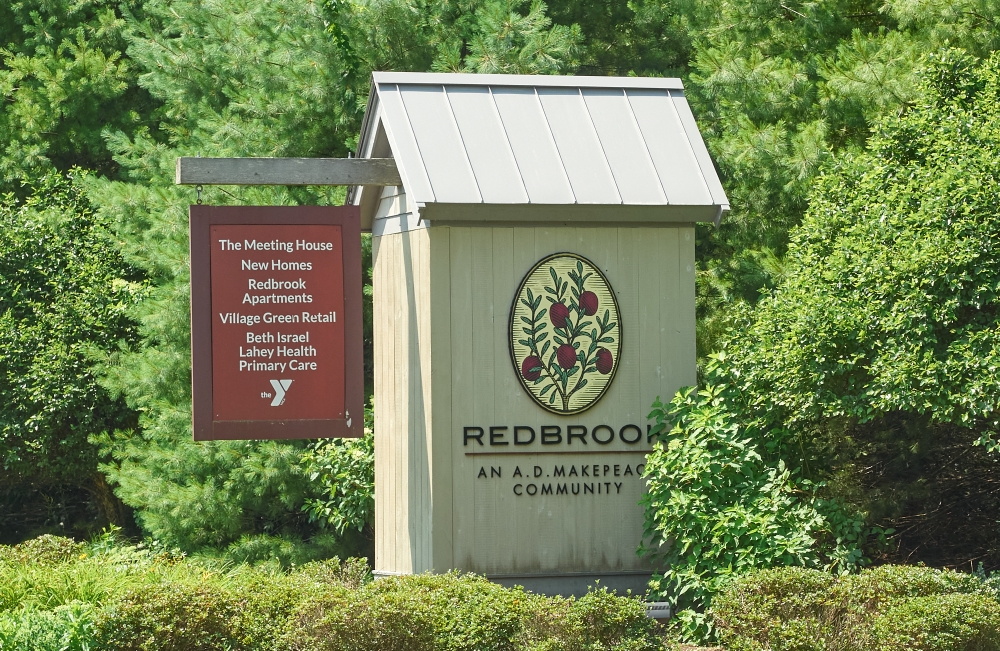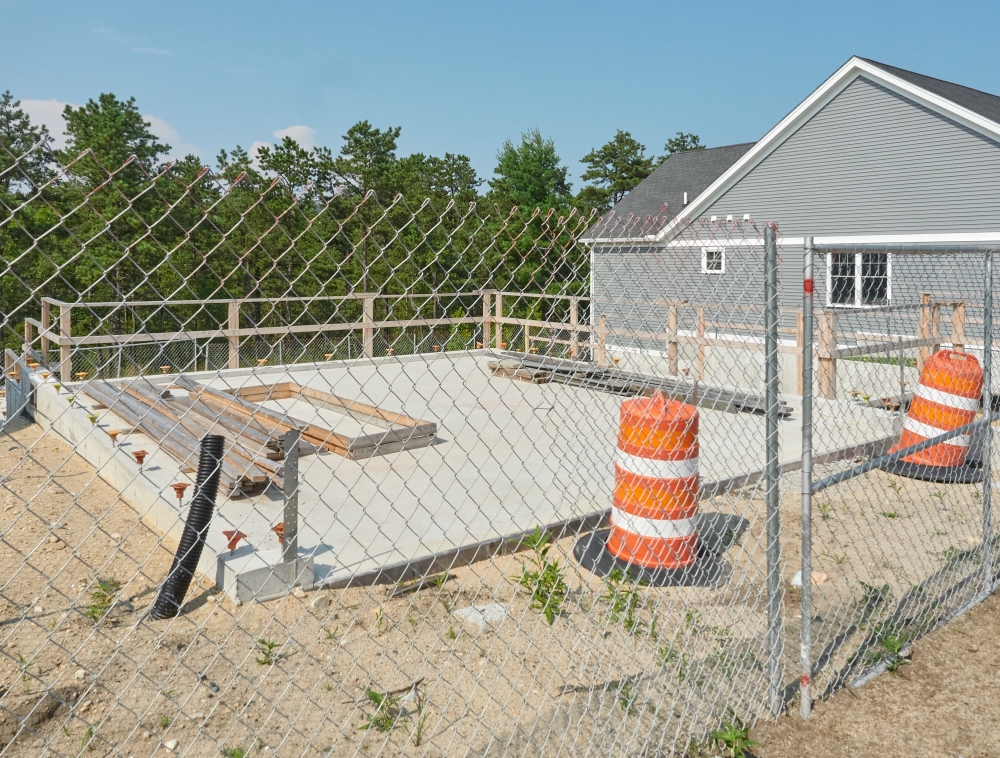Developer A.D. Makepeace wants to build 113 more market-rate-priced homes at its Redbrook housing development in South Plymouth, a proposal that is not sitting well with some Planning Board members.
The company maintains that a Plymouth bylaw allows it to build more higher priced homes even though its agreement with the town when the massive complex was approved about 16 years ago that does not specify that.
When Makepeace appeared before the Planning Board in 2008, Michael Hogan, its president and chief executive officer at the time, said the company would build a total of 1,175 units, of which 103 would be classified as affordable. Makepeace later ratified that commitment in a memorandum of understanding signed with the Plymouth Office of Community Development.
Since then, the company has promised to build an additional 10 affordable housing units, for a total of 113.
But the company now argues that the town’s inclusionary housing bylaw allows the 113 affordable housing units to be counted in addition to the 1,175 units allowed by its special permit, for a total of 1,288 units. That means, according to Makepeace, that it should be allowed another 113 market homes.
At the July 10 Planning Board meeting, Makepeace vice president Dan Gorczyca said Redbrook currently has “slightly less” than 1,000 occupied market-rate units and just15 affordable apartments.
At the same meeting, Lee Hartmann, Plymouth’s director of planning and development, essentially sided with Makepeace’s pitch. Hartmann said that typically – after the total number of units in a development is initially established – any subsequent affordable housing units can be added to that number, not folded into it.
But board member Birgitta Kuehn said she would not agree “in any way, shape, or form” to allowing Redbrook to build 1,288 units. In her experience, Kuehn said, an agreed upon total for a development includes both market and affordable housing units. In this case, that means she believes the original total of 1,175 should stand as is.
At that same meeting, 10 Redbrook residents spoke against allowing the development to build any more than 1,175 units.
Gorczyca also detailed how Makepeace will reach its commitment to build 113 affordable homes. In addition to the 15 already built, he said, the Grantham Group – another developer – has agreed to build a 62-unit affordable apartment complex partially funded by $4 million in subsidies from the town through Community Preservation Funds.
Another company, E. J. Pontiff, plans to build three or fouraffordable houses,Gorczyca said, and two more affordable units were approved by the Planning Board last year.
That could be a challenge, however, based on Gorczyca’s assessment of the state of the construction industry. He pointed to five vacant Redbrook lots with chain link fences around them that are supposed to be the site of affordable single-family homes. He blamed the construction delay on the higher cost of labor and materials, which has made it difficult for companies to make a profit on homes classified as affordable. In addition, he said, it is hard to find buyers who meet income requirements to buy affordable single-family homes and at the same time can shoulder landowner association, water, and wastewater fees that come with ownership.
Citing documents Redbrook provided to the five-member Planning Board, vice chair Steve Bolotin said the developer is planning for 19 single-family homes classified as affordable. Bolotin said that may not be realistic given the construction industry’s rising costs, and the fact that construction has been halted on the existing five empty lots.
“I personally do not believe that is achievable,” he said.
Kuehn asked Gorczyca if Redbrook would apply for more grants from the Community Preservation Fund to subsidize those five single-family homes.
Gorczyca said he is willing to approach the Community Preservation Committee for further funding, but he added that Redbrook residents have generally not been supportive of using public funds to subsidize affordable housing in the development.
Kuehn objected to that categorization, saying resistance was focused on plans for a 62-unit affordable apartment building, not single-family homes.

Gorczyca said Redbrook has little recourse to force builders to honor the requirements that they build affordable housing, short of suing them.
To ensure that builders comply with affordable housing requirements, Hartmann said, the Planning Board could implement deed restrictions as a condition of approving permits.
“We let this get away from us,” said Steve Bolotin, chair of the board, referring to the board’s lack of enforcement of affordable housing requirements at Redbrook. “There is no excuse.”
He promised to hold Redbrook to its commitment to build 113 affordable housing units.
Kuehn also said the Planning Board had fallen short. She apologized to Redbrook residents for not enforcing affordable housing requirements as the project was developed.
“I believe that’s a failure of this board,” she said.
But Bolotin sided with Redbrook’s argument that the 113 affordable housing units should be added to 1,175 market rate units.
In the end, the board unanimously voted to refer the question to town counsel to determine how much legal authority the board has to say how many units Redbrook can build.
Makepeace spokesperson Linda Burke said in an email that the company would refrain from “further comment” until town counsel weighs in. When that might happen is unclear.
Fred Thys can be reached at fred@plymouthindependent.org.

